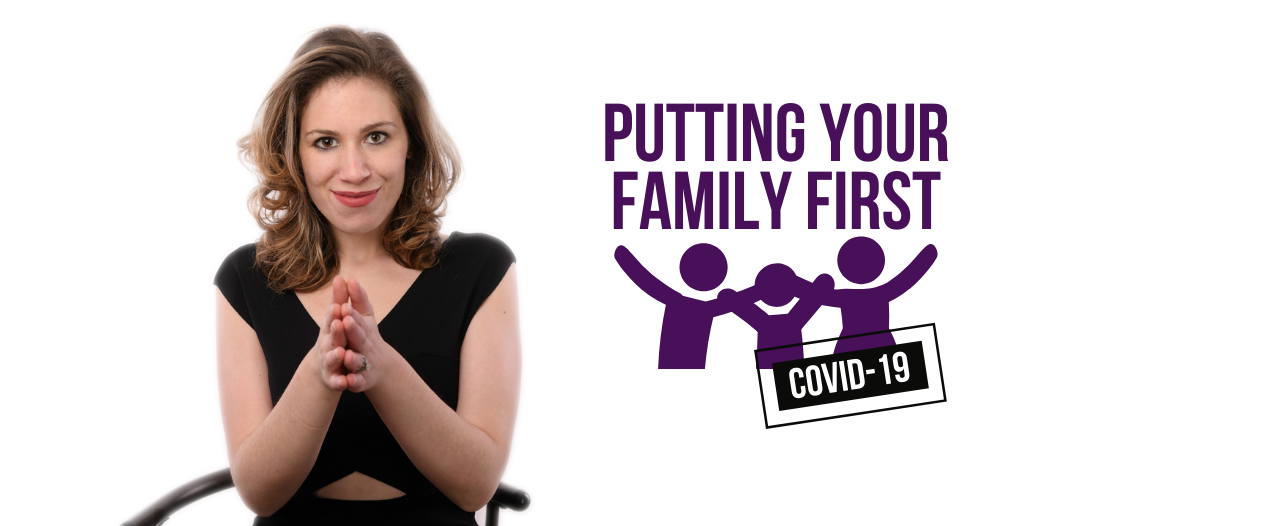Is Healing Trauma Possible? A New Normal in the Age of COVID
Is Healing Trauma Possible? A New Normal in the Age of COVID
COVID-19 has taken the world by storm creating a system of stress, chaos, and trauma.
As mental health professionals, our goal is to help our clients in healing trauma, yet what happens when there is systemic trauma?
Many are wondering how we are going to heal from this trauma, and how will we recover as individuals, families, relationships, communities, as a nation, and as a world?
I have discussed systemic trauma in terms of oppression of marginalized populations, yet this pandemic is causing waves of trauma reverberating throughout the world.
To be clear, marginalized populations have been hit hardest in terms of this pandemic. According to data from the State of Connecticut online, COVID-19 infection rate for the black population and the hispanic population is double the infection rate for the white population.
Yet the resources are still not going to the vulnerable communities.
Loved ones are not seeing one another, people are isolated, people are dying, people are living in fear. It is CLEAR that the broader system has been impacted.
The level of uncertainty in the world around us can become overwhelming.
As a mental health professional, I see so many around me personally and professionally struggling in the face of this pandemic and they all seem to want to begin healing the trauma, even though we are in it.
As families are trying to create a new “normal” in the face of this global, systemic trauma, some families are planning funerals.
Healing Trauma
Unfortunately, we do not know the long term effects of this on individuals, communities, and broader systems.
What we do know is that these impacts will be great and we will need more support… probably emotionally, intellectually, somatically, and specifically around healing trauma.
The veil has been lifted in our communities, our political system, and the world.
Now as a community, we urge those that can to work together to create a world that is better than when this began.
What can you do to help, if you are able?
- Begin to notice your privilege.
- Not everyone has the same resources or safety that you do.
- Some people cannot afford food.
- When you say “we are all going to be fine,” realize that that isn’t true for everyone. We have seen countless lives already impacted in mental health.
- Realize that you impact others
- Take care of yourself – shower, feed yourself, socially distance, etc.
- Sew some masks for people that you know are struggling with supplies.
- Cook meals for those who are in need.
We cannot unsee the atrocities and lives lost.
We cannot unsee how marginalized communities were hit harder than privileged communities.
We cannot unsee the value of mental health, the value of health care, the value of our communities.
My hope is that we can come together as a community, and work towards healing trauma together to address what we know more than ever to be true… Can we create a new normal together?
About Life Coaching and Therapy
Life Coaching and Therapy (LCAT) is a therapy and coaching practice that transforms our clients lives through our flexible. Multi-technique approach and pleasure-skills training provided by systematically-trained and licensed therapists!
Get to know Nicole Scrivano, LMFT, LCAT’s Director, by making an appointment. Nicole specializes in working with individuals and couples to bring identity-informed care and strategies for success in overcoming trauma triggers. Start your journey here with Nicole.
Our team of compassionate, licensed therapists and certified sex therapists help all clients who visit us for a variety of personal, relationship, intimacy and sex problems.
LCAT provides on-site appointments, as well as video chat and text therapy programs.
Learn more about how LCAT can help improve your life at What We Do.







































